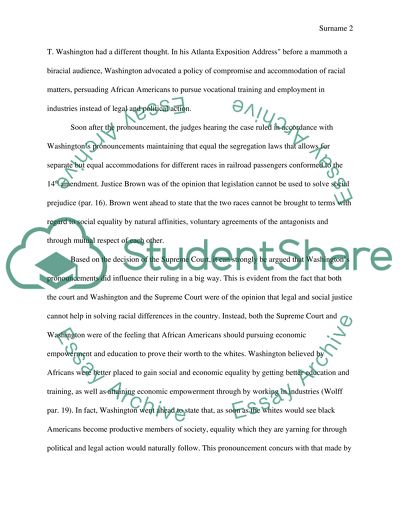African American History Essay Example | Topics and Well Written Essays - 500 words. Retrieved from https://studentshare.org/history/1494767-african-american-history
African American History Essay Example | Topics and Well Written Essays - 500 Words. https://studentshare.org/history/1494767-african-american-history.


